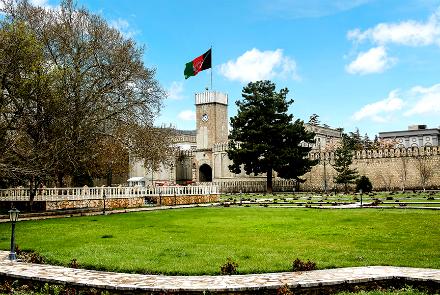The Afghan government remains “cautiously optimistic” on a change in Pakistan’s policy towards Afghanistan amid the Pakistani Prime Minister Imran Khan’s visit to Washington, but officials in Kabul stress the need for a “credible agreement” in the fight against terrorism which they see it a threat to the world.
“We witnessed some optimism and change during the Afghan President’s visit to Pakistan. We can be cautiously optimistic about the change in Pakistan's policy towards Afghanistan,” Ghani’s spokesman Sediq Sediqqi said in response to a question about the impacts of Khan’s visit to the US on Islamabad’s policy towards Kabul.
He said that the Pakistani prime minister believes that a stable Afghanistan can secure Pakistan’s interests, but added that “unfortunately, we have not seen any change on the ground”.
Seddiqi said, “terrorism is an existential threat to both countries and to the world, a credible and verifiable agreement in this area is essential for the building of trust and mutual confidence”.
Some senior Pakistani critics believe that Pakistan’s military intelligence has a major influence on the Taliban who still refuse to agree on a ceasefire and on talks with the government in Kabul.
“The Taliban leaders are all based in Pakistan. They come to the talks in planes from Pakistan. They don’t fly from anywhere else. Their facilitation for the talks has been done by Pakistan. It was in Pakistan that Mr. Zalmay Khalilzad was given the assurance that he will be able to talk to the Taliban. Mullah [Abdul Ghani] Baradar was held as a prisoner in Pakistan for many years and he was not allowed to negotiate with the government of [former] President Hamid Karzai,” Haqqani said in an interview with TOLOnews.
Afghan critics said there is a need for good relations with the country’s allies to pressurize Pakistan.
“We should work more with our allies so that they could put more pressure on Pakistan. So far, no practical pressure has been put on Pakistan,” political analyst Kabir Ranjbar said.
This comes as the US Special Representative for Afghanistan Reconciliation Zalmay Khalilzad who has been engaging in direct negotiations with the Taliban and regional countries, including Pakistan about bringing the Afghan conflict to an end through a political settlement, has said that he expects to achieve more progress in his next of mission on Afghan peace.



Comment this post